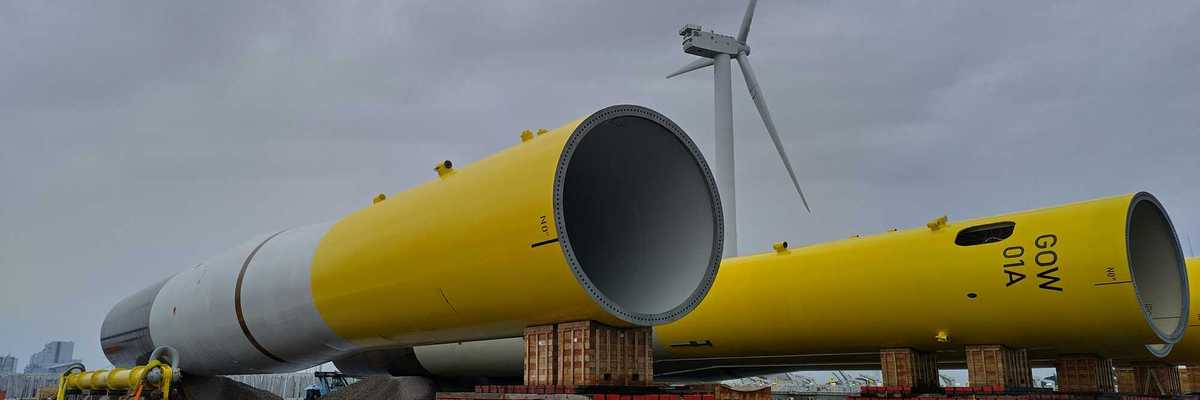climate refugees
Brazil's climate refugees face an uncertain future
Catastrophic flooding in southern Brazil has displaced hundreds of thousands of people, many of whom may never return to their homes.
Marina Dias and Terrence McCoy report for The Washington Post.
In short:
- Severe floods in Porto Alegre, Brazil, have forced many residents to abandon their homes permanently.
- Scientists have long predicted that climate change would lead to mass displacement, with estimates suggesting up to 1.2 billion people could be affected worldwide.
- Brazilian officials are now considering relocating entire communities to higher ground to prevent future catastrophes.
Key quote:
"No, I can’t do this. I can’t live with this fear of water, fear of rain."
— Silvia Titton, Porto Alegre resident
Why this matters:
Climate change is increasingly making parts of the world uninhabitable, forcing people to relocate and creating widespread humanitarian crises. The displaced face uncertain futures, with shelters overflowing and resources stretched thin. Many may never return to their former lives, forced to seek new beginnings far from the places they once knew. This mass displacement not only disrupts lives but also strains social and economic systems, emphasizing the need for comprehensive climate action and sustainable development practices.
How Bangladesh is supporting climate refugees
They fled climate chaos. Asylum rules made for war might not help.
Climate change displacement: ‘One of the defining challenges’
Global warming is bringing more change than just heat
Senegal musician Maal named UN ambassador on desertification
Since 2003, Senegalese singer-songwriter Baaba Maal has been committed to various development challenges in Africa, working with different U.N. family organizations.
Morgiane Noel: International law doesn’t protect people fleeing environmental disaster – here’s how it could
To protect climate migrants who were forced to leave their country, some legal scholars have proposed amending the definition of refugee in the Refugee Convention of 1951 to consider environmental degradation a form of persecution.









